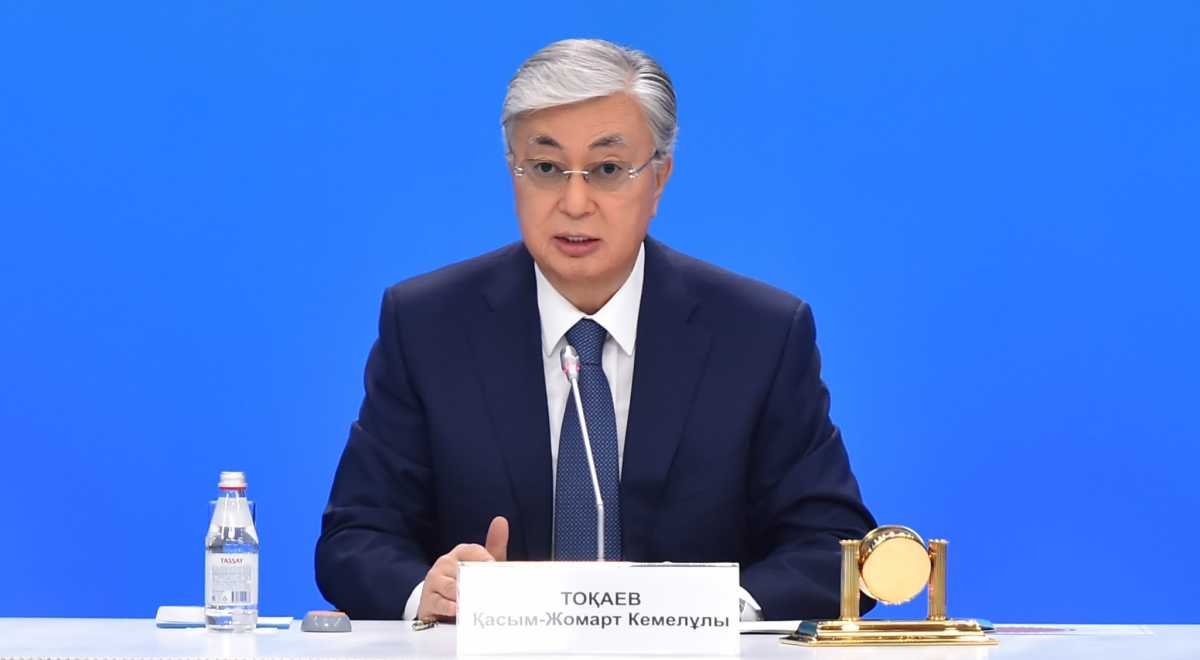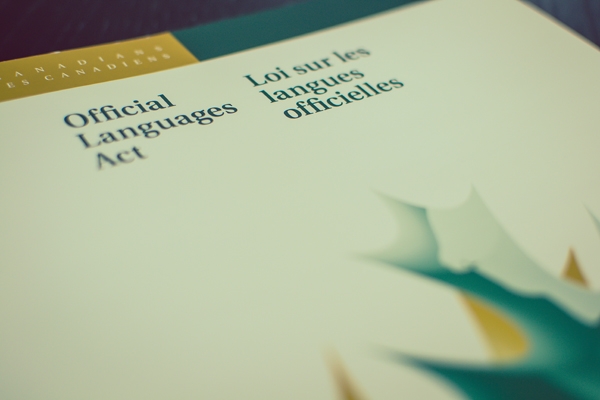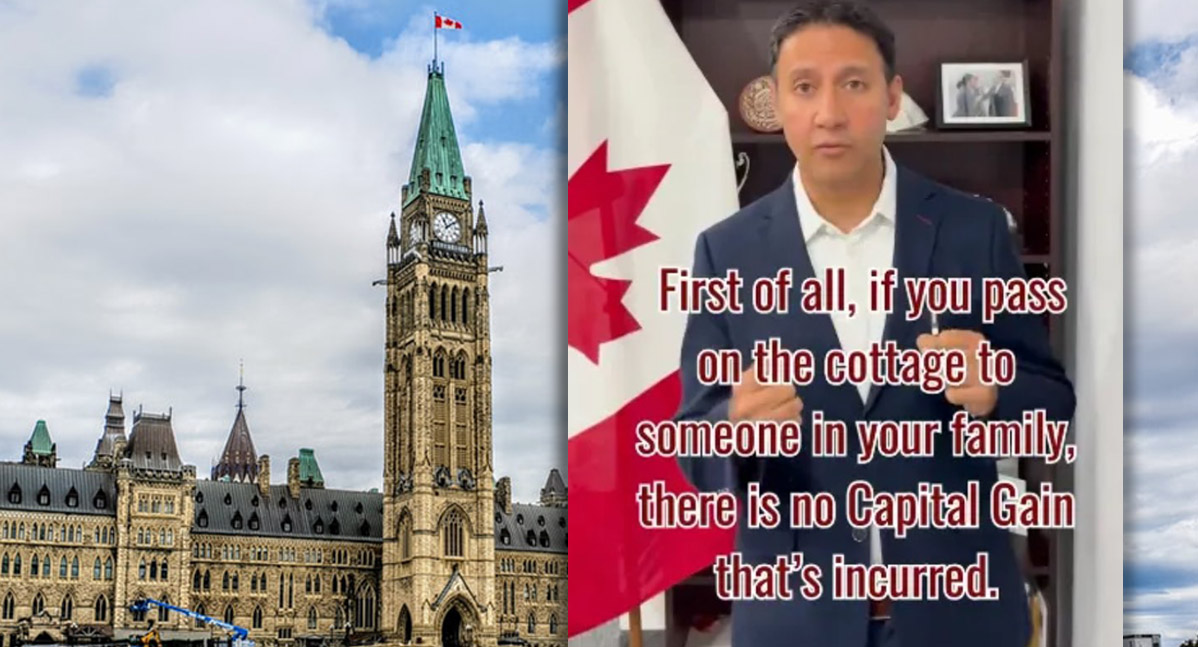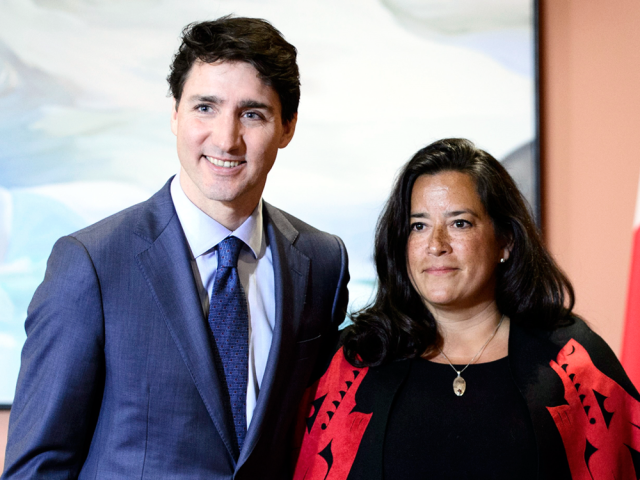
Hong Kong Enjoys Bright Prospects under the Principle of Hong Kong People Administering Hong Kong
A Signed Article by Ambassador Cong Peiwu
Hong Kong, an international metropolis often referred to as the “Pearl of the Orient,” has been an integral part of China’s territory since ancient times. Today, it serves as a vital link connecting China with the rest of the world. Nevertheless, it bears the scars of a colonial past filled with pain and suffering. I will briefly explore this chapter of history, uncovering the contrasting destinies of Hong Kong before and after the implementation of “One Country, Two Systems.”
Under British colonial rule, there was no democracy in Hong Kong. In the 19th century, through aggressive wars, the British gradually occupied the entire area that is now known as Hong Kong, implementing colonial rule that left the people of Hong Kong powerless in self-governance. The authorities practiced separate rule over Chinese and Westerners, suppressing patriotic voices with harsh laws and prohibiting democratic reforms. Local Chinese were long excluded from governance bodies and were denied participation in Hong Kong’s governance. The British government directly appointed a governor to represent British interests in governing Hong Kong, and the seats in the Executive Council and Legislative Council were appointed by the governor after approval from Britain, which failed to reflect the will of the Hong Kong people. Over a prolonged period in Hong Kong, there were repeated calls to establish a municipal council, as well as requests for local autonomy. All were rejected by the British government. The 22nd Governor, Alexander Grantham, openly declared that important affairs of British territories should be handled by British people. The majority of Hong Kong citizens did not hold British citizenship, and they had no right to intervene. While the city flourished with the convergence of Eastern and Western influences, the high-handed rule of the colonizers gradually hollowed out its once vibrant soul.
The return of Hong Kong to China ushered in a new era for democracy under the “One Country, Two Systems” framework. In 1997, Hong Kong returned to China, and the Chinese government resumed sovereignty over the territory. China has implemented the policy of “One Country, Two Systems” under which the people of Hong Kong administer Hong Kong with a high degree of autonomy. The Chinese central government unswervingly implements the “One Country, Two Systems” and the Basic Law, and supports Hong Kong in pressing ahead with democratic development in accordance with law. Under the Basic Law, permanent residents of the Hong Kong Special Administrative Region (HKSAR) have the right to vote and the right to stand for election in accordance with the law, and Hong Kong residents have freedom of speech, freedom of the press and publication, freedom of association, assembly, procession and demonstration – liberties absent during the colonial era.
Since it returned to the motherland 26 years ago, Hong Kong’s destiny has been closely intertwined with the motherland. And the motherland has given and will always give a strong backing to Hong Kong. With the support of its motherland, Hong Kong has overcome various challenges, maintaining its status as a global financial, shipping, and trade center while witnessing the rapid rise of innovative industries in science and technology. Ranking among top of the world’s freest economies for many consecutive years, Hong Kong secured the 5th place in the 2022 global competitiveness ranking. Compared to 1997, Hong Kong’s per capita gross domestic product has nearly doubled in 2021, firmly placing it among high-income economies. Under “One Country, Two Systems”, Hong Kong not only retained its unique characteristics and advantages but also forged stronger connections with the mainland’s high-quality resources, riding on the fast track of development and enhancing its international competitiveness. As the successful practice of the “One Country, Two Systems” in Hong Kong is universally acknowledged, people from all walks of life voice full confidence in the city’s future.
However, some colonial puppets and external forces are always attempting to obstruct and sabotage the democratic development of Hong Kong. As anti-China agitators challenged the authority of the Constitution and the Basic Law and openly advocated “Hong Kong independence”, the central government made resolute decisions to restore order, led Hong Kong’s situation and democratic development back on track, and resolutely pursued a democratic development path suitable to the reality of Hong Kong. On June 3, 2020, the HKSAR government promulgated the Law of the People’s Republic of China on Safeguarding National Security in the Hong Kong Special Administrative Region (Hong Kong National Security Law), restoring normalcy of Hong Kong’s social order. Under the protection of the national security law, the HKSAR successfully conducted Legislative Council elections in 2021 and Chief Executive elections in 2022, which proves that the citizens of Hong Kong enjoy unprecedented democratic rights.
On July 10, 2023, the District Councils (Amendment) Ordinance 2023 came into effect after being published in the Gazette in Hong Kong. The new system fully implements the principle of “patriots administering Hong Kong”, decisively excluding disorderly elements in Hong Kong from the grassroots governance structure to ensure that the leadership of the district councils remains firmly in the hands of patriots. On December 10, HKSAR’s seventh District Council Ordinary Election was successfully held as scheduled. All 399 candidates were patriots from different political groups, professions, classes, and backgrounds, with a significant portion being highly-educated young professionals. Held on a level playing field, the election was a competition with candidates competing on integrity, election manifesto, capabilities, and perseverance, and demonstrated a new election culture of integrity, fairness and justice. The electoral process was conducted in an orderly manner, highlighting the positive transformation brought about by the principle of “patriots administering Hong Kong”. It brought together the positive energy of Hong Kong, and gathered the efforts to build a better and more prosperous city, marking the beginning of a more prosperous phase of the city. The citizens of Hong Kong generally endorse the new district council system, expressing their hope and anticipation that the incoming council will play an active role in supporting and collaborating with the Special Administrative Region government to enhance grassroots governance efficiency.
As we reflect on the past and present, a clearer understanding emerges – “One Country, Two Systems” is not only the optimal solution to address Hong Kong’s historical issues but also the most effective institutional framework for maintaining long-term prosperity and stability of Hong Kong since its return. Moreover, it serves as the fundamental guarantee for the democratic development of the HKSAR. Patriots governing their country is a universal practice around the world. Hong Kong administered by the patriots of Hong Kong is essential to the “One Country, Two Systems” principle, and quintessential to democracy in the region.
“Two Destinies of One City” mirrors the tremendous success of “One Country, Two Systems” in Hong Kong. The prospects for democracy in Hong Kong are bright, and we remain steadfast in our unwavering commitment to the original mission of “One Country, Two Systems”. The democratic path with Hong Kong characteristics under “One Country, Two Systems” will undoubtedly broaden further!









